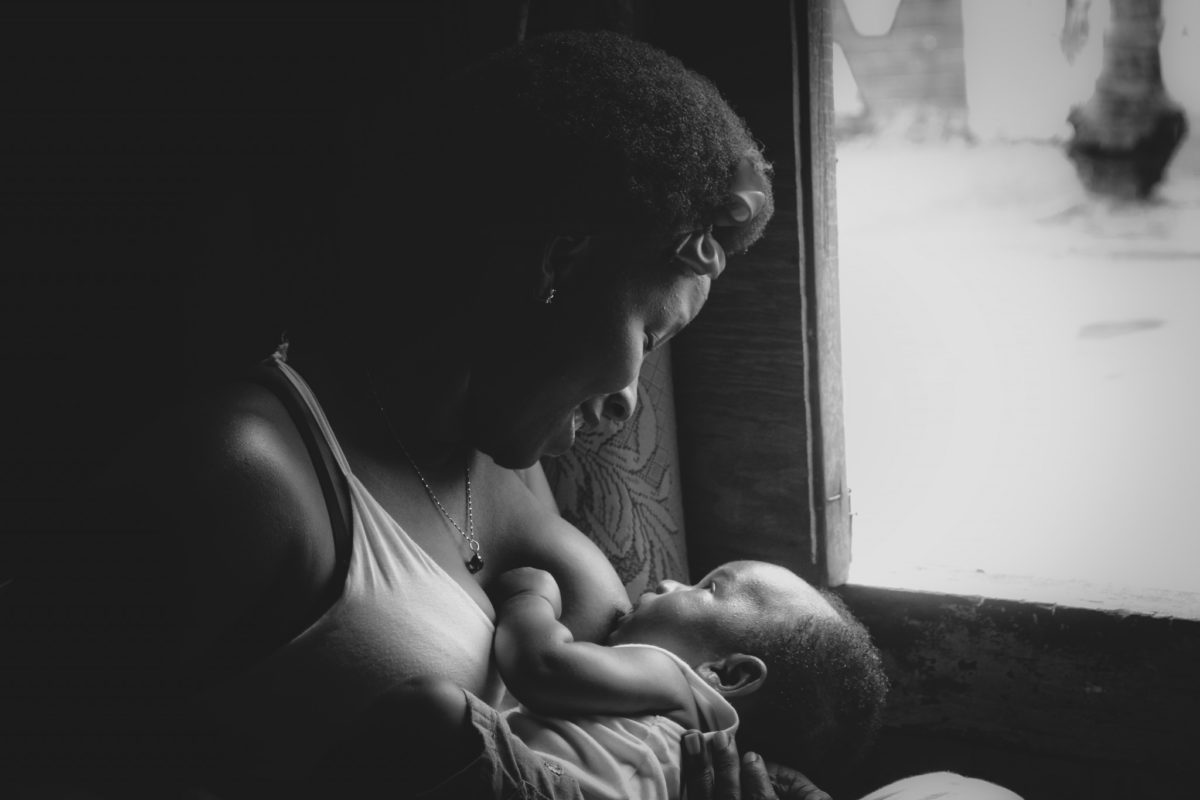Society is Failing Black Moms and We Must Do Better

Women’s health before, during, and after pregnancy matters. And it matters for ALL women.
Yet deep disparities persist in the United States when it comes to maternal health. Black mothers in the U.S. are at least 3 to 4 times more likely to die than white mothers, with some areas of the country experiencing even bigger disparities. When comparing women with the same health conditions, the statistics are equally as shocking – Black women are two to three times more likely to die than white women.
As Black Maternal Health Week kicks off today, we must push to find the answers and solutions to address these unnecessary disparities.
In the U.S., women die of pregnancy-related causes – or have long-term health complications – for a variety of reasons, but a key underlying factor is lack of access to high-quality, comprehensive health care. Pregnant women and new moms have specific health needs that require the guidance of a health care provider; yet not all women have equal access to providers, hospitals, and pre- and post-natal care. Women of color in particular face increased barriers to receiving the care they need.
Racism and implicit bias play a significant role in the health outcomes of pregnant women of color and their families. It impacts their interactions with health care providers, institutions, and systems, affecting the quality of care they receive. 1,000 Days is exploring the causes and consequences of these disparities, relying on the expertise of groups like Black Mamas Matter Alliance.
 Unpacking the Maternal Health Crisis
Unpacking the Maternal Health Crisis
1,000 Days recently convened a panel of experts for a discussion about disparities in maternal health in the United States at Take Root: Red State Perspective on Reproductive Justice, an annual conference in Norman, Oklahoma. The panelists included leaders in the field of maternal health, including:
- Dr. Joia Crear-Perry, founder and president of the National Birth Equity Collaborative
- Elizabeth Dawes Gay, steering committee member of Black Mamas Matter Alliance
- Takeallah Rivera, full spectrum doula and reproductive justice advocate
- Kimberly Seals Allers, award-winning journalist and a leading commentator on motherhood and breastfeeding issues
The conversation focused how structural racism, lack of access to quality care, and poor nutrition impact health outcomes for pregnant women of color and their families. We also discussed what can be done to reverse these troubling trends, such as ensuring increased access to comprehensive health care and supporting initiatives that promote medical education and training for Black midwives, doulas, ob-gyns, and maternal fetal medicine specialists.
Finding the Way Forward
We cannot accept disparities in maternal health. This is entirely preventable, and as a first step, we must listen to Black moms directly and invest time and resources in Black-led initiatives and programs that amplify the diverse voices of women and children.
Black Maternal Health Week is a great place to start. Today Black Maternal Health Week kicks off to increase attention on the issues facing Black women and mothers, and to amplify the voices of black moms themselves. You can join the conversation online through the hashtag #BMHW18.
Additional Resources
For more information about Black Maternal Health Week check out the resources from the Black Mamas Matter Alliance.
For more information about Black maternal and infant mortality trends and solutions, read Exploring African Americans’ High Maternal and Infant Death Rates by Jamila Taylor and Cristina Novoa at the Center for American Progress.
